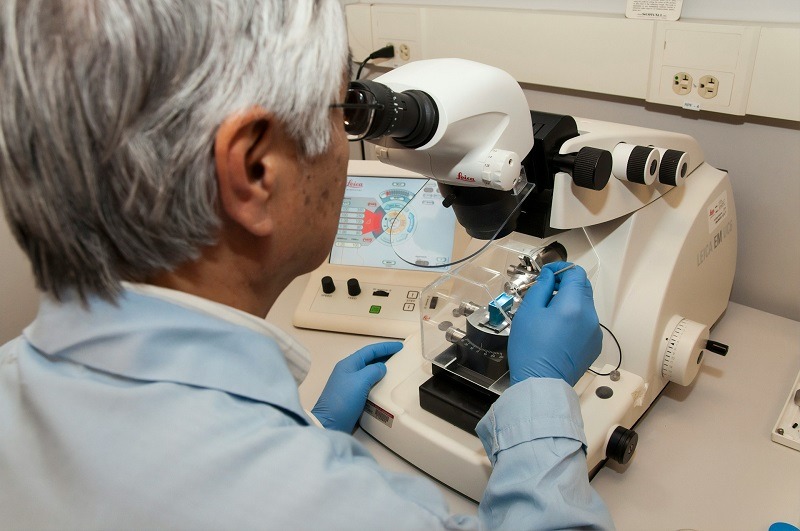Stealth Biotherapeutics' new drug application (NDA) for elamipretide has received a favourable vote from the US Food and Drug Administration (FDA) Cardiovascular and Renal Drugs Advisory Committee (CRDAC) for Barth syndrome.

The committee's decision was informed by data from the TAZPOWER Part II baseline-controlled extension study. Credit: National Cancer Institute on Unsplash.
Subscribe to our email newsletter
The CRDAC’s positive vote is a pivotal step towards the potential approval of elamipretide, a first-in-class mitochondria-targeted therapy.
The committee concluded with a 10 to 6 vote that elamipretide is effective for treating Barth syndrome, an ultra-rare genetic condition marked by cardiac abnormalities predominantly effecting males.
The committee’s decision was informed by data from the TAZPOWER Part II baseline-controlled extension trial, the SPIBA-001 Phase III natural history control study, and additional biomarker and preclinical outcomes.
While the CRDAC’s recommendation is not binding, it will play a crucial role in the FDA’s final decision on elamipretide’s approval for Barth syndrome.
The NDA for elamipretide has been granted priority review, with a Prescription Drug User Fee Act (PDUFA) action date set for 29 January next year.
Stealth Biotherapeutics CEO Reenie McCarthy said: “We are pleased that the FDA advisory committee has thoughtfully considered the elamipretide data package – including the positive results from the rigorously constructed natural history control trial, the durable open-label extension data, and expanded access cases – and recognized that these data support the potential of elamipretide to improve the lives of patients with this devastating disease.
“We are grateful to the many patients, caregivers, advocates, and healthcare providers who shared their perspectives and experiences with the advisory committee. We look forward to collaborative conversations with the FDA as the agency completes its review of elamipretide, the first potential therapy for Barth syndrome.”
Currently, there are no FDA- or European Medicines Agency (EMA)-approved therapies for Barth syndrome. If the FDA approves, it would be the first authorised therapy for this disease.
Beyond Barth syndrome, elamipretide is also undergoing Phase III trials for dry age-related macular degeneration and primary mitochondrial myopathy, with pivotal data expected by this year end.
 Advertise With UsAdvertise on our extensive network of industry websites and newsletters.
Advertise With UsAdvertise on our extensive network of industry websites and newsletters.
 Get the PBR newsletterSign up to our free email to get all the latest PBR
news.
Get the PBR newsletterSign up to our free email to get all the latest PBR
news.

